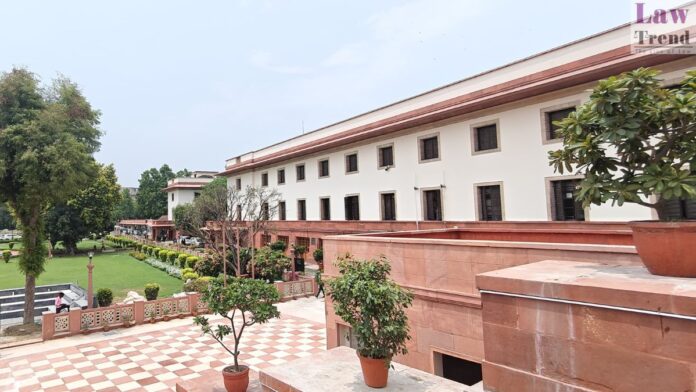The Supreme Court of India, in a significant ruling on service matters, has directed the State of Jharkhand to grant retrospective promotion to a retired administrative service officer, Jyotshna Singh, from the date her immediate junior was promoted. The Court set aside a High Court order that had refused to entertain her contempt petition and
To Read More Please Subscribe to VIP Membership for Unlimited Access to All the Articles, Download Available Copies of Judgments/Order, Acess to Central/State Bare Acts, Advertisement Free Content, Access to More than 4000 Legal Drafts( Readymade Editable Formats of Suits, Petitions, Writs, Legal Notices, Divorce Petitions, 138 Notices, Bail Applications etc.) in Hindi and English.




